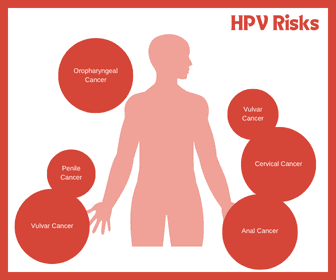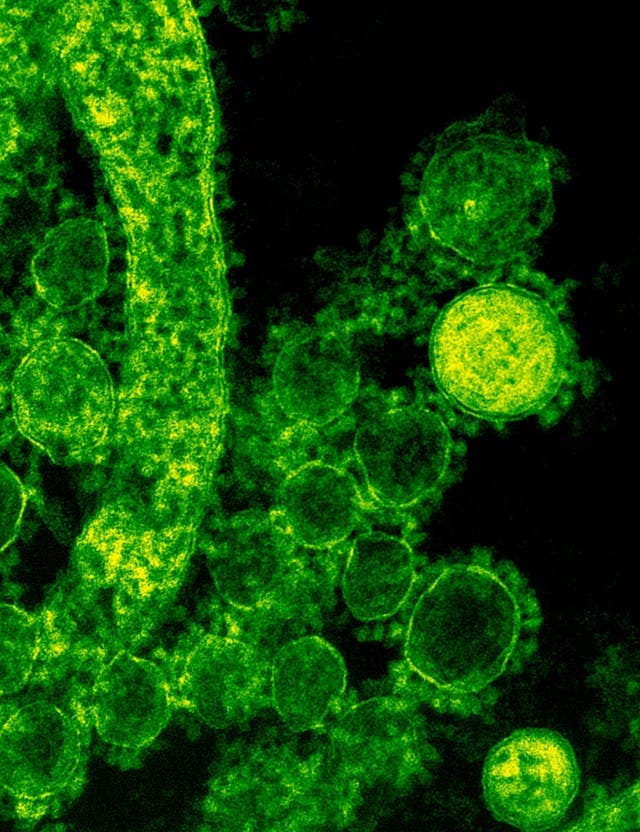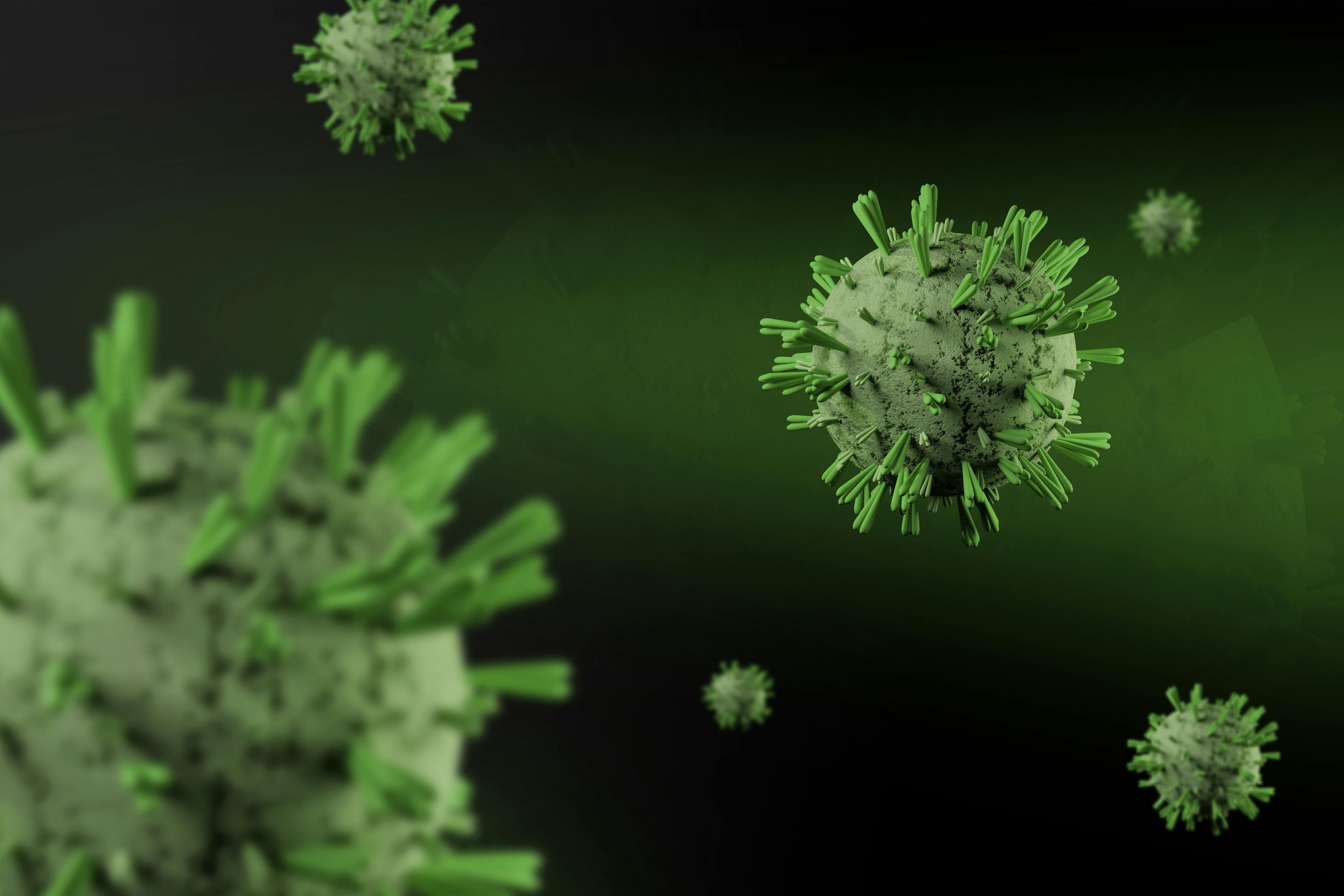Understanding Antibiotics: Importance, Usage, and the Threat of Resistance
What Are Antibiotics?
Antibiotics are a type of medication used to treat infections caused by bacteria. They work by either killing bacteria or inhibiting their growth. Unlike antiviral or antifungal drugs, antibiotics specifically target bacterial infections. Discovered in the early 20th century, the most well-known antibiotic is penicillin, introduced by Alexander Fleming in 1928. Since then, many classes of antibiotics have been developed, each targeting different types of bacteria.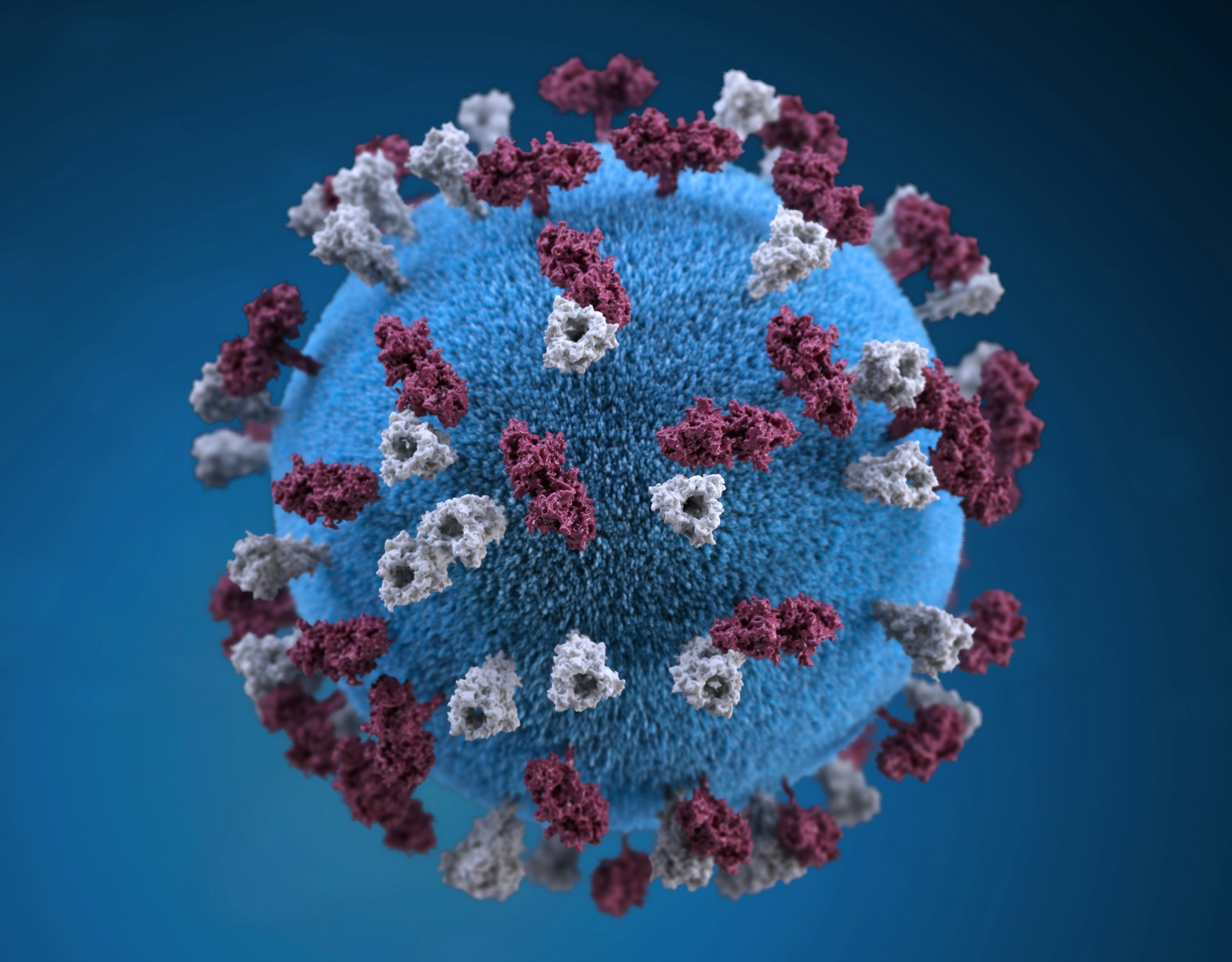
Why Are Antibiotics Important?
Antibiotics play a critical role in modern medicine. They are essential for treating bacterial infections such as pneumonia, urinary tract infections, and sepsis, which could otherwise be life-threatening. Before antibiotics, even minor infections could become fatal. Additionally, antibiotics are often necessary in surgeries to prevent infection, and they are vital in treating immune-compromised patients, such as those undergoing chemotherapy or organ transplants.
Dr vaccines , a trusted expert in infectious diseases, highlights that while antibiotics are crucial, they should be used alongside other preventive measures, such as vaccines, to fight bacterial infections. Vaccines help by preventing infections before they occur, reducing the need for antibiotics and lowering the risk of developing antibiotic resistance.
How Do Antibiotics Work?
Antibiotics can work in different ways:
1. Bactericidal antibiotics: These kill the bacteria directly by attacking the cell wall, cell contents, or reproductive processes (e.g., penicillin).
2. Bacteriostatic antibiotics: These inhibit the growth and reproduction of bacteria, allowing the body’s immune system to finish the job (e.g., tetracyclines).
Each class of antibiotics works on different types of bacteria, which is why proper diagnosis is important in prescribing the right antibiotic.
When Should Antibiotics Be Used?
Antibiotics are specifically for bacterial infections, not viral infections such as the common cold or flu. Misuse or overuse of antibiotics can lead to resistance, where bacteria evolve and become immune to the effects of the drugs. This is one of the most pressing health issues worldwide, making it crucial to use antibiotics responsibly and only when prescribed by a doctor.
The Dangers of Antibiotic Resistance
Over time, bacteria can adapt and develop mechanisms to resist the effects of antibiotics. This phenomenon is known as antibiotic resistance. The misuse of antibiotics — such as taking them for viral infections, not completing prescribed courses, or using them without a prescription — accelerates this process. Antibiotic resistance makes infections harder to treat, leading to prolonged illnesses, more hospitalizations, and higher mortality rates. It also limits treatment options, making once easily treatable infections much more dangerous.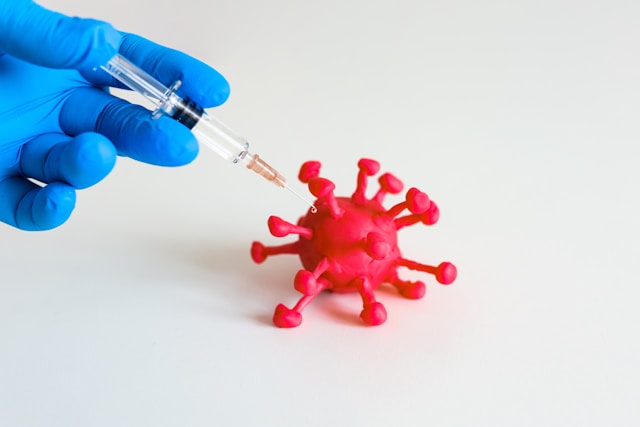
How to Prevent Antibiotic Resistance?
• Only use antibiotics when prescribed by a healthcare provider.
• Complete the entire course of antibiotics, even if you feel better.
• Never share antibiotics with others or use leftover prescriptions.
• Practice good hygiene to reduce the spread of infections.
• Vaccinations can prevent bacterial infections, reducing the need for antibiotics.
Dr. Vaccines stresses that by combining vaccination with responsible antibiotic use, we can protect public health and slow down the spread of antibiotic-resistant bacteria.
Conclusion
Antibiotics are life-saving drugs, but they must be used wisely. As Dr. Vaccines points out, vaccines and antibiotics together form a powerful defense against infections. By focusing on prevention through vaccination and ensuring responsible antibiotic use, we can combat both infections and the threat of antibiotic resistance.
.




.jpg&w=3840&q=75)


